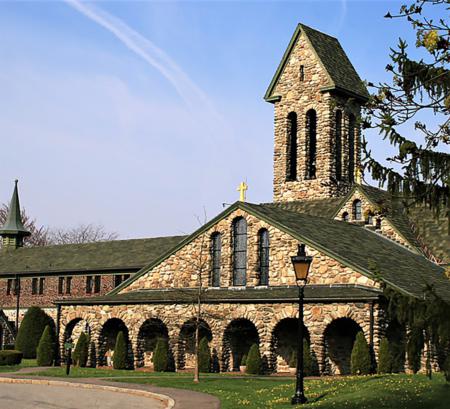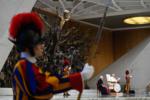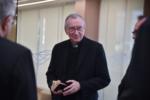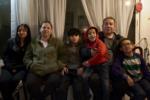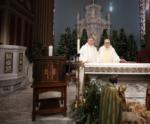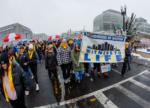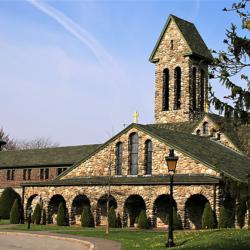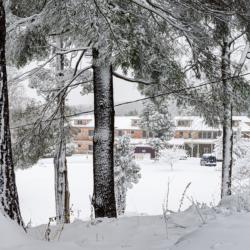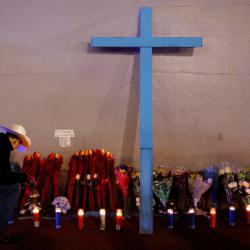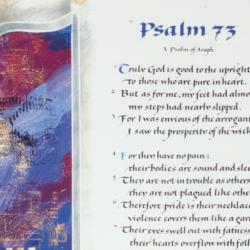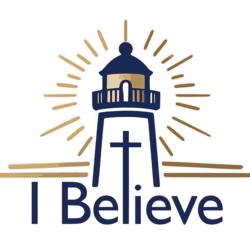German bishops are divided over continuing church reform process
BONN, Germany (OSV News) -- Four bishops have for the time being put the brakes on plans to continue the reform process of the Catholic Church in Germany.
The German Bishops' Conference must now look for alternative funding for the planned synodal committee, which was to put the Synodal Path on a permanent footing, the KNA news agency reported.
The committee was to prepare a Synodal Council in which bishops and laypeople would jointly discuss and decide on matters concerning the Catholic Church in Germany.
Bishops Gregor Maria Hanke of Eichstätt, Stefan Oster of Passau, Rudolf Voderholzer of Regensburg and Cardinal Rainer Maria Woelki of Cologne voted against the planned financing of the committee through the Association of German Dioceses (VDD).
On June 20, the four bishops referred to reservations voiced by the Vatican and said the plan to set up a Synodal Committee in Germany at this stage was against the clear instruction of Pope Francis.
Bishops and laypeople in Germany launched the Synodal Path reform consultations in December 2019 in response to the abuse scandals. The discussions focused on greater control of episcopal power, women's rights and an appropriate way of dealing with gender diversity.
The reform process is to lead to a permanent Synodal Council in 2026 through an intermediate step in the form of a synodal committee.
As the allocation of funds via the VDD must be unanimous, alternative financing models are now being sought, the German Bishops' Conference said after a meeting of the permanent council of bish in Berlin, KNA reported.
The first meeting of the synodal committee, however, was to take place on Nov. 10 and 11 as planned, the conference added.- - -KNA is a Catholic news agency based in Bonn.- - - BRIEF: BONN, Germany (OSV News) -- Four bishops have for the time being put the brakes on plans to continue the reform process of the Catholic Church in Germany. The German Bishops' Conference must now look for alternative funding for the planned synodal committee, which was to put the Synodal Path on a permanent footing, the KNA news agency reported. The committee was to prepare a Synodal Council in which bishops and laypeople would jointly discuss and decide on matters concerning the Catholic Church in Germany. Bishops Gregor Maria Hanke of Eichstätt, Stefan Oster of Passau, Rudolf Voderholzer of Regensburg and Cardinal Rainer Maria Woelki of Cologne voted against the planned financing of the Committee through the Association of German Dioceses (VDD). On June 20, the four bishops referred to reservations voiced by the Vatican and said the plan to set up a synod committee in Germany at this stage was against the clear instruction of Pope Francis.
